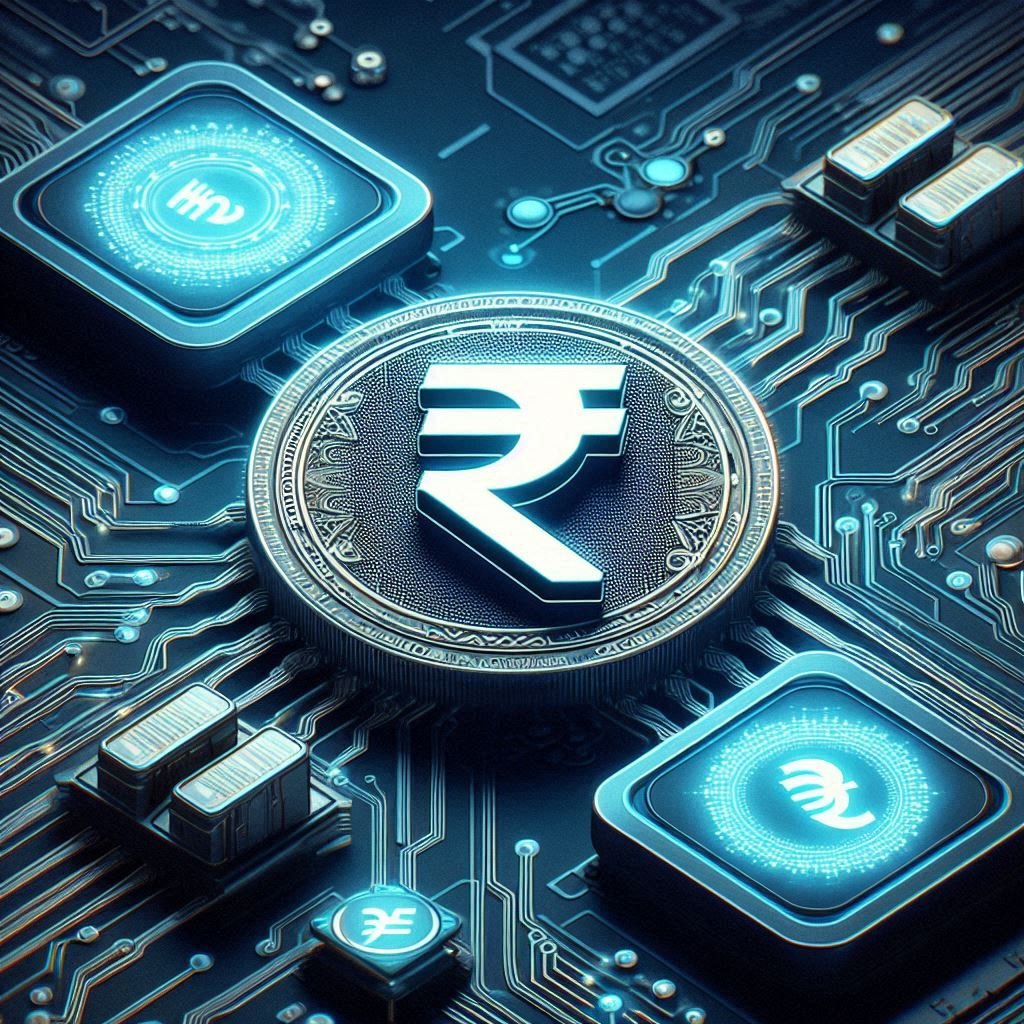Physical Address
304 North Cardinal St.
Dorchester Center, MA 02124

The Reserve Bank of India (RBI) has taken a giant leap in India’s digital payments revolution with the massive expansion of the e-Rupee (CBDC). As of April 2025, the digital rupee is now accepted in metro networks, highway tolls, and over 50,000 retail stores across India—marking a significant shift toward a cashless economy.
In this blog, we’ll explore:
✔ What is the e-Rupee & how does it work?
✔ Latest expansion – Where can you use it?
✔ Benefits over UPI, cards, and cash
✔ Challenges & public response
✔ What’s next for India’s CBDC?
The e-Rupee (Digital Rupee) is India’s Central Bank Digital Currency (CBDC), a legal tender issued by the RBI in digital form. Unlike cryptocurrencies (Bitcoin), it is government-backed and has a fixed value (1 e-Rupee = ₹1).
The RBI has aggressively expanded e-Rupee acceptance to:
✅ Metro Networks – Delhi Metro, Mumbai Metro, Bengaluru Metro now accept e-Rupee for tickets.
✅ Highway Toll Plazas – FASTag + e-Rupee integration for seamless toll payments.
✅ Retail Stores – 50,000+ shops (including Reliance Retail, DMart, Big Bazaar).
✅ Fuel Stations – HPCL, IOCL piloting e-Rupee at select pumps.
✅ Government Schemes – Subsidies & welfare payments being tested in rural areas.
(Check your bank’s app to see if e-Rupee is enabled!)
| Feature | e-Rupee | UPI | Cash |
|---|---|---|---|
| Offline Use | ✅ Yes | ❌ No | ✅ Yes |
| Transaction Fee | ❌ No fee | ❌ No fee | ✅ No fee |
| Bank Dependency | ❌ Minimal | ✅ Required | ❌ None |
| Fraud Risk | 🔐 Low (RBI-backed) | 🛡 Moderate | 💸 High |
| Cross-Border Use | ⏳ Future Scope | ❌ No | ✅ Yes |
The e-Rupee’s expansion into metros, tolls, and retail is a game-changer—but mass adoption depends on:
✔ Ease of use (Better wallets & UX)
✔ Incentives (Cashback for e-Rupee transactions?)
✔ Trust (RBI’s transparency on privacy)
Will you try the e-Rupee? Share your thoughts in the comments!